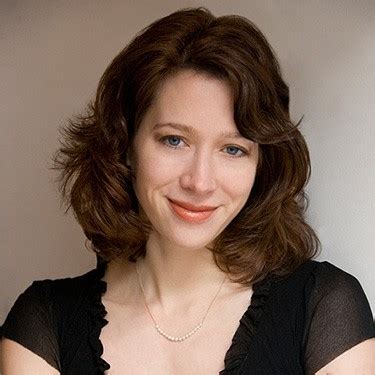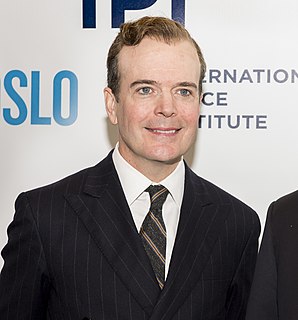A Quote by Marie Rutkoski
In some ways, getting published in children's literature is a little more open than publishing adult literature. It's less hinged on who you might know.
Related Quotes
I think the number of books published by Mr. Disney has nothing to do with whether or not he is bringing literature to children. That judgment has got to be based on quality rather than quantity. It's the same old problem that continually plagues American culture. I would rather have children playing their own games out of doors in the sunlight than getting the misrepresentation of literature as given by Walt Disney.
I think so much of young adult literature sort of gets ghettoized - the title 'young adult' makes people immediately discount it. And just like with books that get written for adults, there is plenty of young adult literature that is bad. But there is also plenty of young adult literature that is brilliant.
It seems to me that literature is giving way a little bit to the immediacy of other diversions, other forms of entertainment. What will it be in fifty years? I don't know. Will there be printed books? Probably, but I'm not sure. There's always going to be literature, though. I believe that. I think literature has a way of getting deep into people and being essential. Literature has its own powers.
No one spoke in terms of children's literature, as opposed to adult literature, until around the 1940s. It wasn't categorised much before then. Even Grimm's tales were written for adults. But it is true that ever since 'Harry Potter' there has been a renaissance in fantasy literature. J. K. Rowling opened the door again.
Literature cannot develop between the categories "permitted"—"not permitted"—"this you can and that you can't." Literature that is not the air of its contemporary society, that dares not warn in time against threatening moral and social dangers, such literature does not deserve the name of literature; it is only a facade. Such literature loses the confidence of its own people, and its published works are used as waste paper instead of being read. -Letter to the Fourth National Congress of Soviet Writers





































